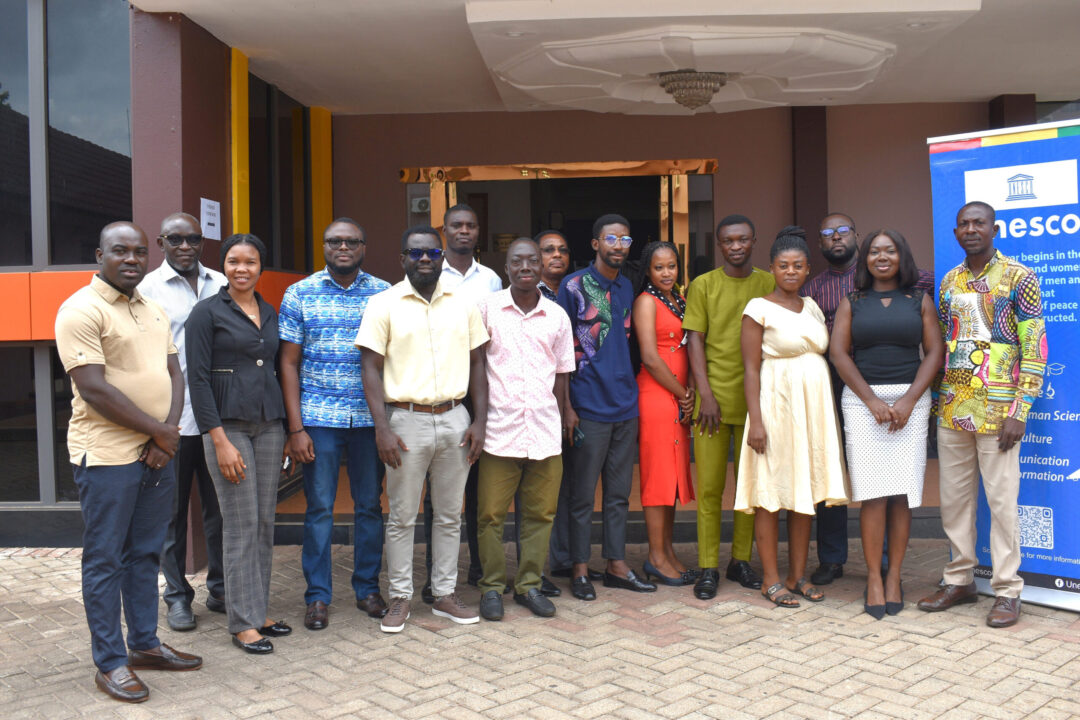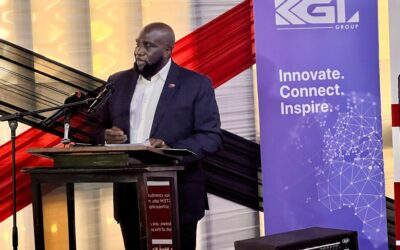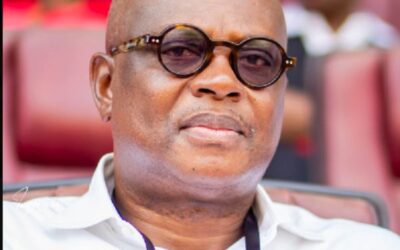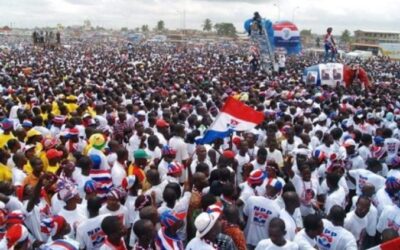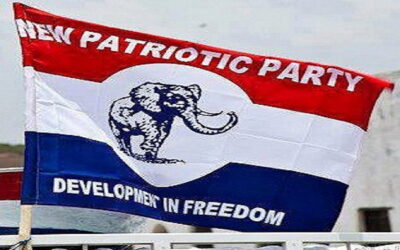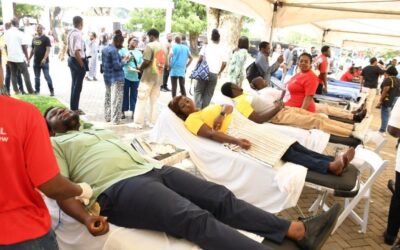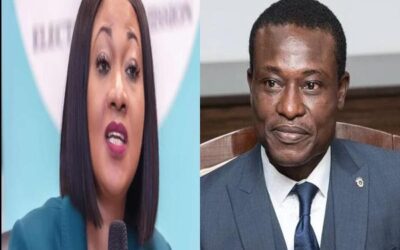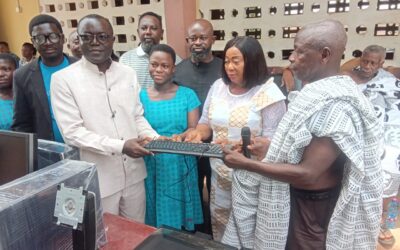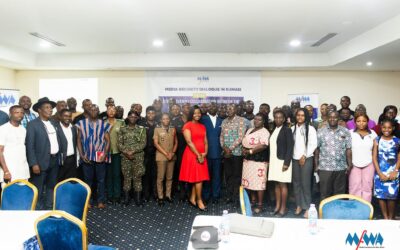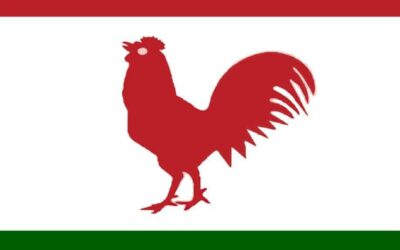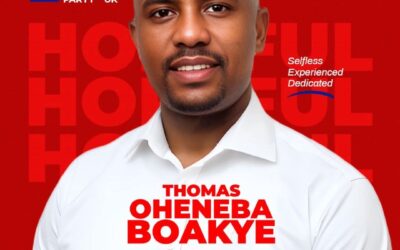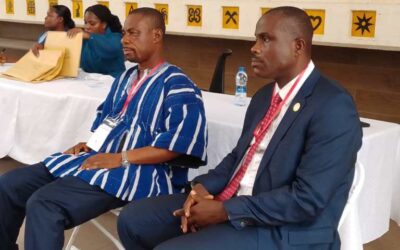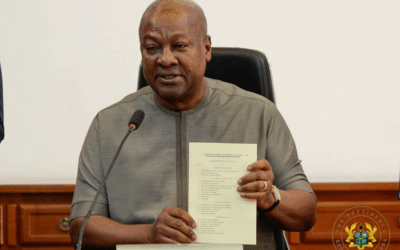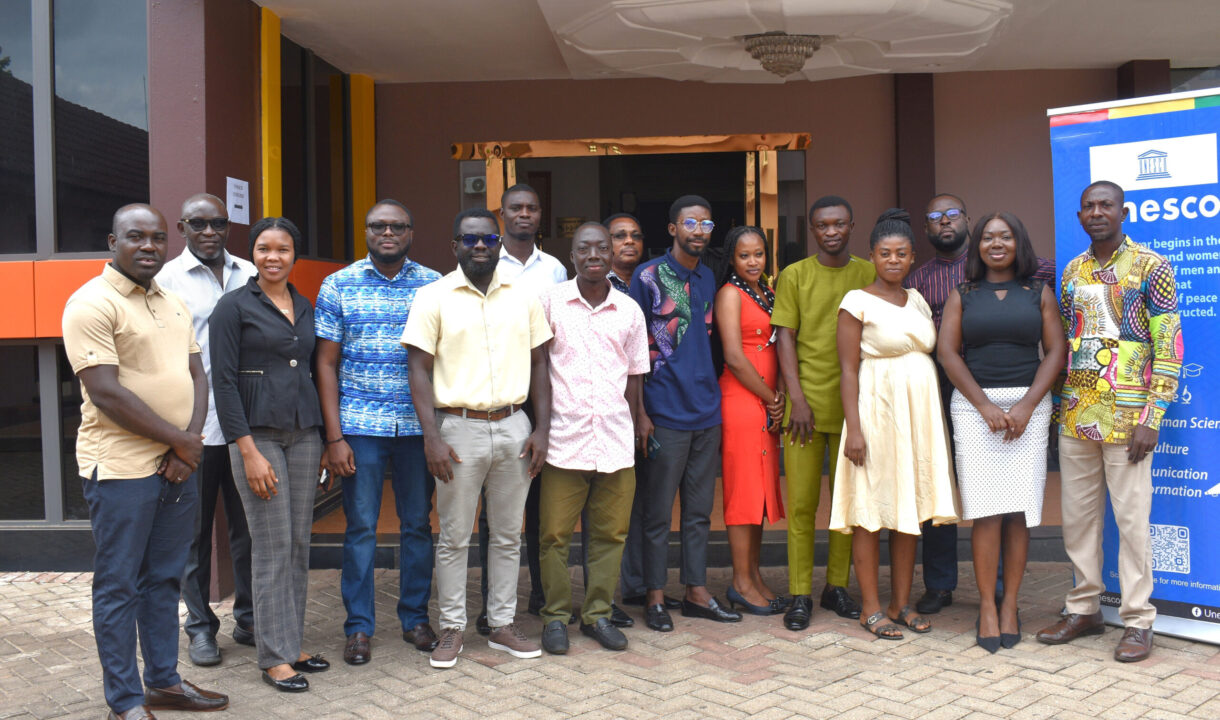By:Isaac Amoah
With barely six months to Ghana’s presidential and parliamentary elections, the United Nations Educational, Scientific and Cultural Organisation (UNESCO) has organised a two-day workshop for journalists in the middle sector of the country, after a similar one was recently held in Greater Accra for the southern sector.
The workshop, which was attended by news editors, senior journalists and broadcast journalists from the Ashanti, Bono and Ahafo regions, was held from 24th to 25th June 2024 at Miklin Hotel in Kumasi.


The workshop aimed at training over 60 journalists across the country ahead of the forthcoming general election. It was on the theme: “Elections in Digital Age: Countering Hate Speech and Misinformation on Social Media Platforms for Peaceful Elections”.

A group picture of facilitators and participants
The main purpose of the training workshop was to equip media practitioners with the needed information to counter or combat disinformation and misinformation, especially before, during and after the upcoming general election.


Dr.Wilberforce S. Dzisah,Dr. Edward Ampratwum and Ismail Nii Akwei
The organisers said the purpose was also to build the capacity of the participants, promote peace devoid of hate speech and to disseminate factual information to the public at all times.
The workshop was part of UNESCO’s multi-donor programme on freedom of expression and safety of journalists.

A section of the participants
The main facilitators of the workshop were: Dr. Wilberforce S. Dzisah, the former Rector of the Ghana Institute of Journalism (GIJ); Ismail Nii Akwei, an international journalist/founder of Media Literacy Advocate; Dr. Daniel Nkrumah, Dr. Edward Ampratwum, as well as Mr. Abdul Hamid Yakub, UNESCO Programme Officer.
In an interview with the media after the workshop, Mr. Abdul Hamid Yakub, Communication and Information Officer, UNESCO, who had earlier highlighted the overview of the project objectives and expected outcomes, was confident that if participants and all journalists in the country combined the knowledge acquired from the training and what they already know, they would be able to counter disinformation and misinformation.
Mr. Yakub, Dr. Wilberforce S. Dzisah, Dr. Daniel Nkrumah, a communication expert, and Ismail Nii Akwei stressed the need for journalists to abide by the GJA code of ethics, stand firm for the truth, double check their facts and desist from allowing their platforms to be used for the promotion of hate speech, racial or religious hatred which is tantamount to incitement to discrimination, hostility or violence in the country.
They also called for the safety of journalists, especially female journalists, because research has shown that they are easily targeted.
Participants were taken through topics such as: Definition of Disinformation, Misinformation and Malinformation, Social Media and Artificial Intelligence (AI), Big Data and Machine Learning & Impact Electoral Processes.
Other key topics were: Hate Speech and its Impact on Electoral Processes, The Rabat Action Plan on the Prohibition of Incitement to National, Racial or Religious Hatred that Constitutes Incitement to Discrimination, Hostility or Violence, Electoral Violence and Gender-Based Violence during Election Period.
Again, the facilitators walked participants through topics such as: Technological Facilitated Gender-Based Violence (TFGBV) during Elections, Violence against Journalists.
Dr. Edward Ampratwum of UNDP made a presentation on “The Election Cycle: the Main Targets of Disinformation, Electoral Contexts and Electoral-Related Conflict Prevention”.
Ismail Nii Akwei, who also cautioned the media against allowing themselves to be promoters of fake news or misinformation, especially ahead of the 2024 polls, made a presentation on the topics: Facts-Checking – How to Deal with Misinformation, Disinformation and Malicious Information, Facts-Checking and Elections, Case Study, Practical Exercises, etc.

